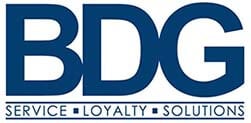By the time you’re ready to sign the sales contract for the purchase of property, you’ve already gone through a lot of preparation. You’ve inspected the property, negotiated a price, secured financing and set a closing date. After such a huge investment, it’s good for you to understand just what might happen if the property is destroyed in a fire, vandalized or otherwise suffers damage in the interim between when you sign the contract and when you receive the final deed.
Equitable conversion
Equitable conversion is a legal principle that applies to the sale of real estate. In essence, it distinguishes between two different types of ownership in the property – equitable title and legal title.
The moment you sign the contract as the buyer, equitable title to the property passes to you. The seller retains legal title in the property until the closing process is complete, after which it also passes to you. Once you hold both types of title, you become the sole owner of the property.
Risk of loss
When it comes to risk of loss, it’s important to note that responsibility for damage to the property is part of equitable title. What this means is that, the moment you sign the contract, you take on the risk of loss.
In other words, if the unthinkable were to happen, and the house you are contracting to buy burns to the ground in the time in between when you signed the contract and when closing is complete, you bear that cost. The seller wouldn’t be obligated to compensate you for it.
Having your new real estate suffer damage before you can even physically possess it is the nightmare of any buyer. Fortunately, if you take out the right insurance policies, you can minimize the risk of losing more than you bargained for on your real estate purchase.

